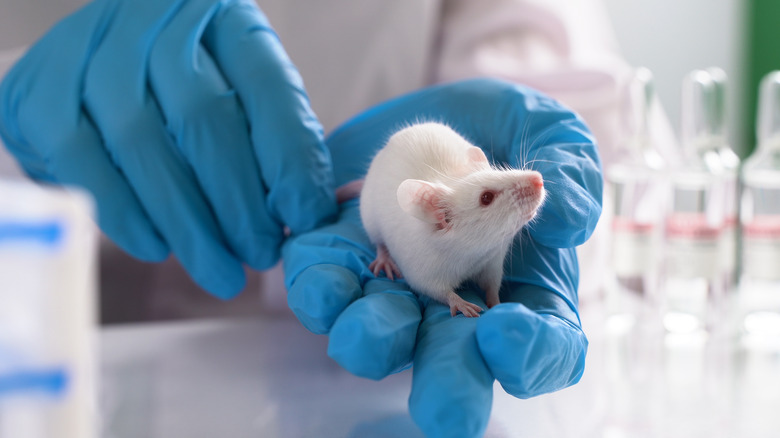New Experiment Helped Mice Live Up To 33% Longer - Will It Work On People?
Research conducted last year shows that mice who intake less of a specific amino acid appeared to live up to 33 percent longer than mice that had more of the amino acid. If the research findings hold, it could also pave the way for an anti-aging diet that helps humans live longer.
Of course, that is a very broad "if," as the research still has a long way to go before it could ever be approved for testing on humans. That said, the scientists behind the findings were surprised by the results overall, and it shows just how important having a good, balanced diet can be to your body's aging.
The most recent study, published in 2023, included a genetically diverse group of mice that were fed either a diet containing 20 common amino acids as a control, a portion that was fed a diet with reduced amino acids, and another group in which only one amino acid, isoleucine, was reduced. The researchers found that restricting isoleucine seems to create an anti-aging diet of sorts.
It is very encouraging to think that a dietary change could have such a huge impact on the lifespan of these mice, too. The tests found that restricting just isoleucine seemed to increase the lifespan of the mice by up to 33 percent compared to those that ate from a non-limited diet, at least in male mice.

Female mice only saw around a seven percent increase. However, that is still a significant increase. And those eating off the anti-aging diet were also less likely to develop things like cancerous tumors, age-related prostate enlargement, and other common age-related issues.
Further, the researchers found that the mice eating the restricted diet ate significantly more calories, but they didn't actually gain any weight. Instead, they actually burned more energy and maintained lower body weights overall, despite their activity levels being on different than the others in the research.
Of course, it remains to be seen just how far an anti-aging diet will actually go. Considering mice and humans are actually very similar inside their bodies, the findings here may translate to humans, too. But we will have to wait and see.
For now, we have seen some thrilling results in the aging field, especially as scientists search for ways to slow or even completely reverse aging in humans.
